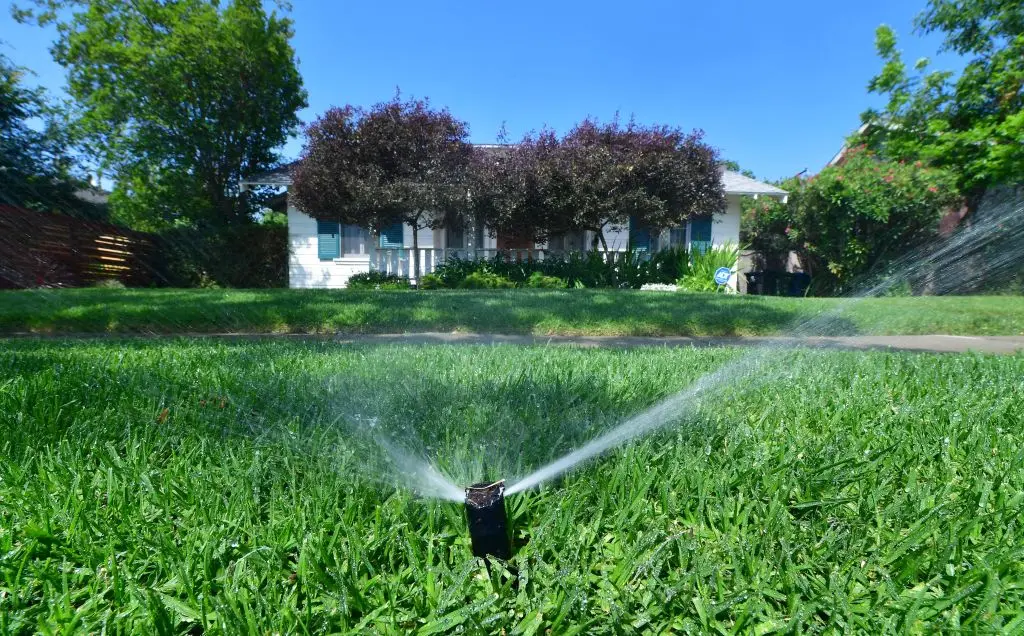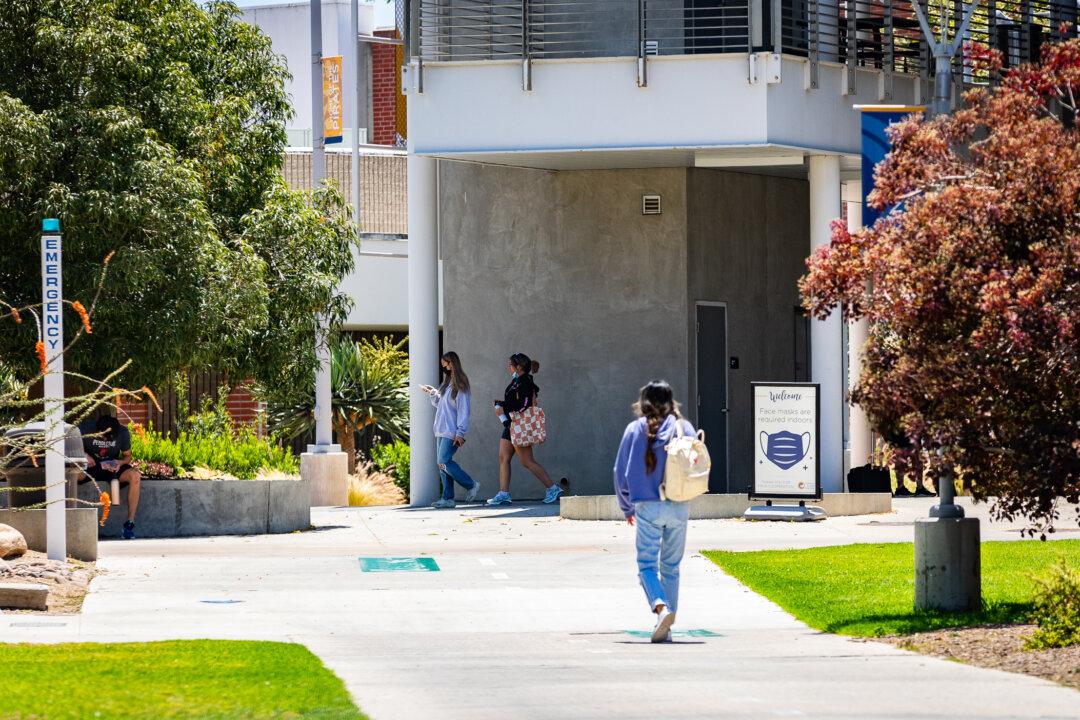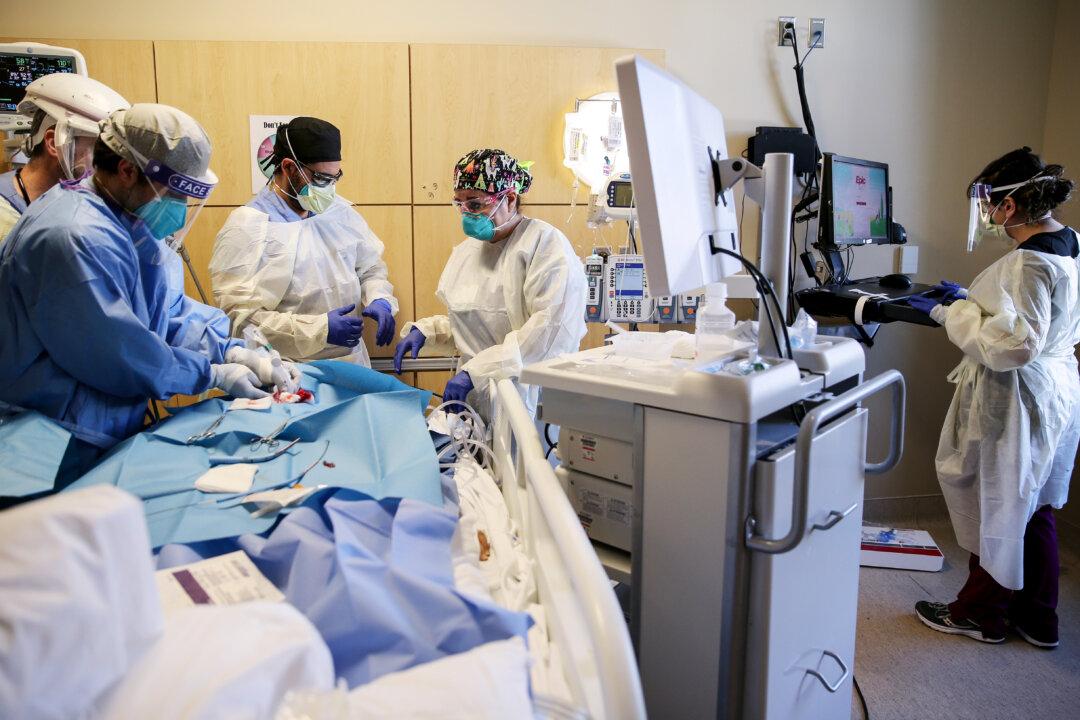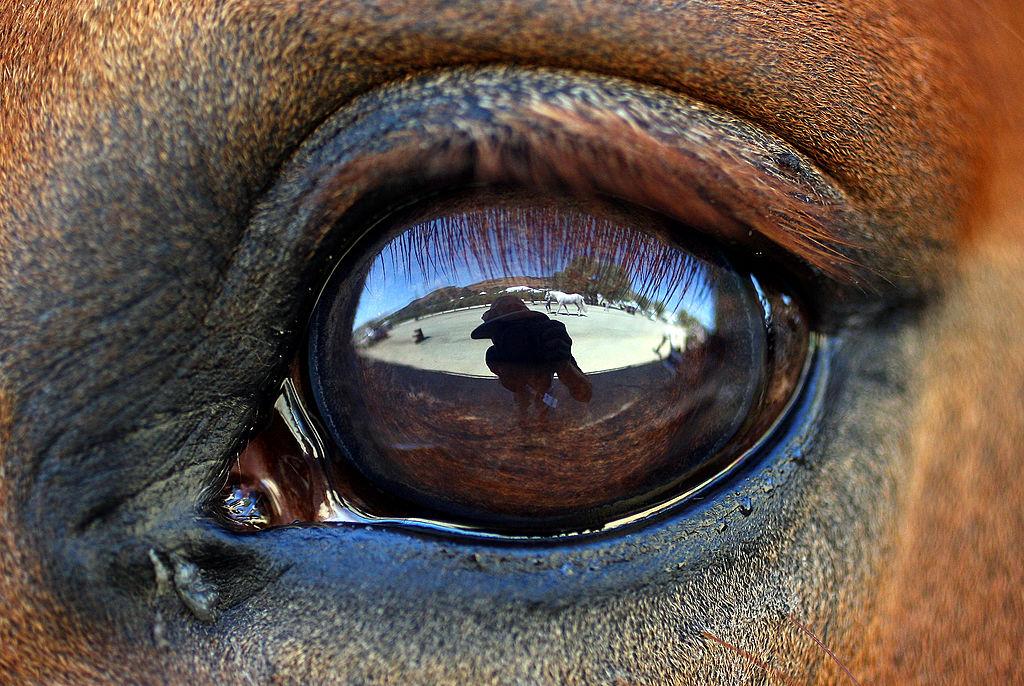The University of California–Irvine (UCI) last week received $10 million from the Orange County Health Care Agency to study the long-term impact of the Young Adult Court in the county—a program to help young adults charged with a felony reduce their sentence and lead a productive life going forward.
The grant will fund a research project—led by Elizabeth Cauffman, professor of Psychological Science at UCI—aimed at understanding the effectiveness of the program in helping the participants lead a better life by reducing recidivism, substance abuse, and mental health issues, among other problems, school officials announced July 26.




